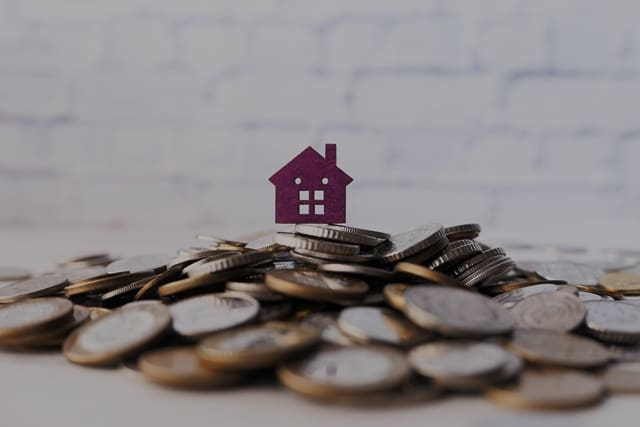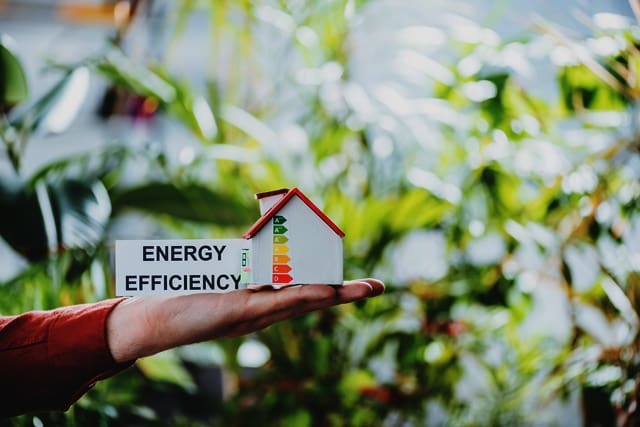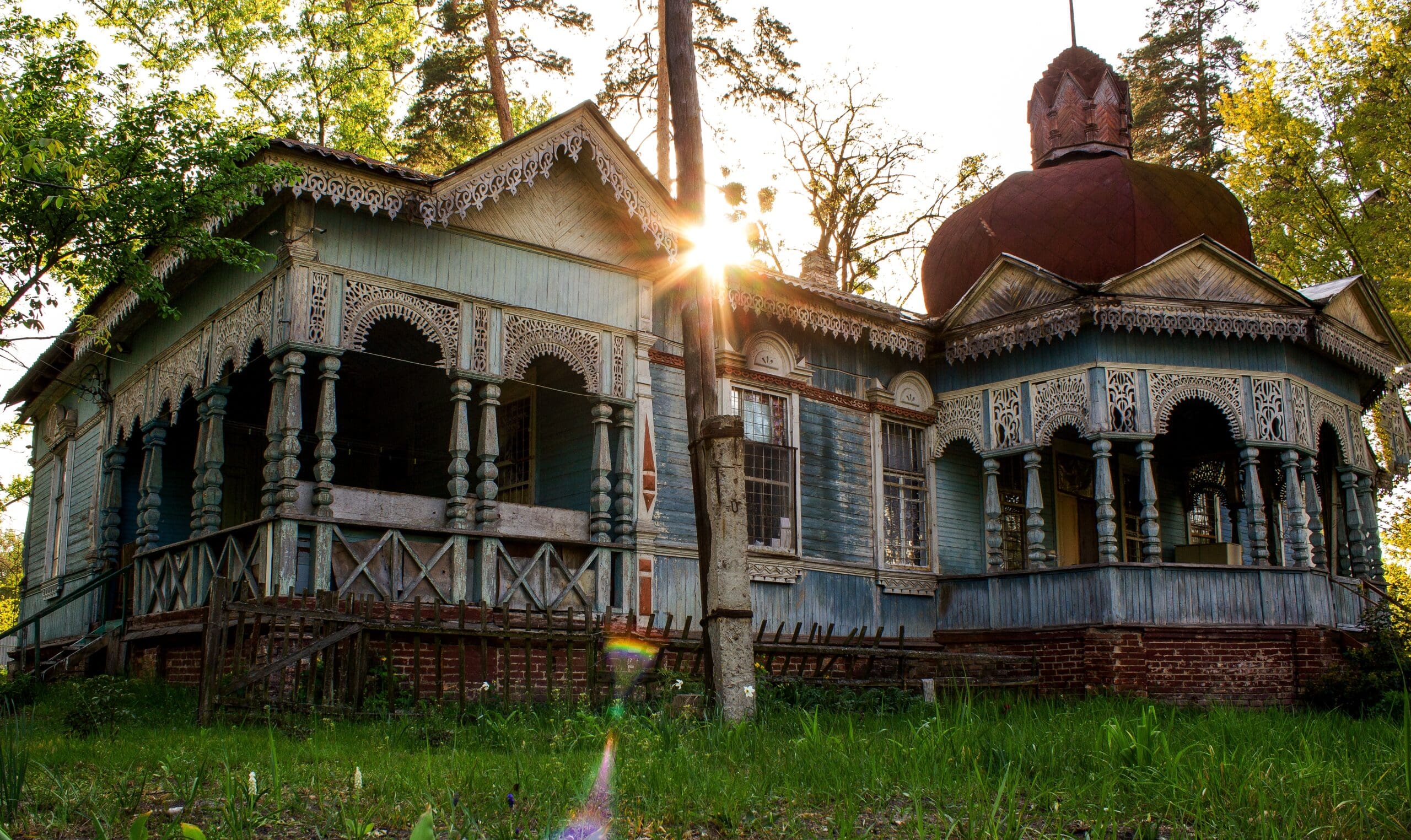Historic homes have a unique charm and character that can make them incredibly appealing to potential buyers. From distinctive architectural details to rich histories, these properties offer more than just a place to live. However, owning a historic home comes with its own set of challenges. Whether you’re captivated by the idea of living in a piece of history or concerned about the upkeep, there are several factors to weigh before making your decision. Let’s explore the pros and cons of purchasing a historic home to help you determine if it’s the right move for you.
The Allure of Historic Charm
One of the most compelling reasons to buy a historic home is the charm and craftsmanship that newer homes often lack. These homes are often built with materials that stand the test of time, like solid wood and brick, contributing to their longevity. In addition, the intricate details in woodwork, crown molding, and original flooring create an aesthetic that many buyers find irresistible. Living in a historic home can also mean owning a piece of architectural history, giving you a unique sense of pride. However, this charm comes with responsibilities that aren’t always immediately evident.
Potential for Higher Property Values

Investing in a historic home can be financially rewarding if the property is well-preserved and located in a desirable neighborhood. Many historic homes are situated in areas with strong property values, and buyers often seek them out for their uniqueness. Renovations that maintain the home’s historical integrity can also increase its market value over time. Additionally, some historic districts offer tax incentives for restoration projects, making the financial burden lighter. Despite these potential gains, the cost of preserving a historic home can be significant, and buyers should be prepared for ongoing maintenance expenses.
Challenges in Maintenance and Repairs
Owning a historic home often means taking on higher maintenance costs. Materials used in older homes may be harder to find or more expensive to replace. The home’s original design may also complicate repairs, as modern building techniques and materials may not be compatible with older structures. Furthermore, if the home is located in a designated historic district, you might be required to follow strict guidelines when making any alterations or repairs. These regulations ensure the preservation of the property’s historical character but can add time and cost to projects.
Energy Efficiency Concerns

Another drawback to owning a historic home is energy efficiency. Older homes were not built with modern insulation or energy-saving technologies, which can lead to higher heating and cooling costs. Windows in historic homes may be single-pane and prone to drafts, while outdated heating systems may struggle to keep up with modern energy demands. Although it is possible to retrofit historic homes with energy-efficient upgrades, this process can be expensive and may require special permissions, especially in homes that are subject to preservation rules. Buyers should factor in these costs when deciding whether a historic home is right for them.
Conclusion: Is a Historic Home Right for You?
Buying a historic home is a personal decision that requires careful consideration of both the benefits and drawbacks. While the charm, unique character, and potential financial benefits are appealing, the challenges of maintenance, repairs, and energy efficiency are significant. Before making your purchase, it’s essential to weigh these pros and cons, research local preservation guidelines, and consult professionals who specialize in historic properties. For those who are ready to embrace both the beauty and the responsibilities of owning a piece of history, a historic home can be a rewarding investment.
#HistoricHomes #RealEstate #HomeBuyers #PropertyInvestment #EnergyEfficiency #HomeMaintenance #HistoricPreservation

Richard has extensive experience in all aspects of buying and selling residential property. He has sold more than 400 homes and well over $100 million in residential real estate. There’s no need to guess. Get expert advice that will allow you to buy and sell with confidence and ease.
For neighborhood guides about Decatur and other intown neighborhoods, click here.
To learn more about the value of your home, please complete the form here.
If you are looking to purchase a home, please reach out here. We would love to help you have a wonderful buying experience.
You can always reach us through the Contact Us page here as well.
